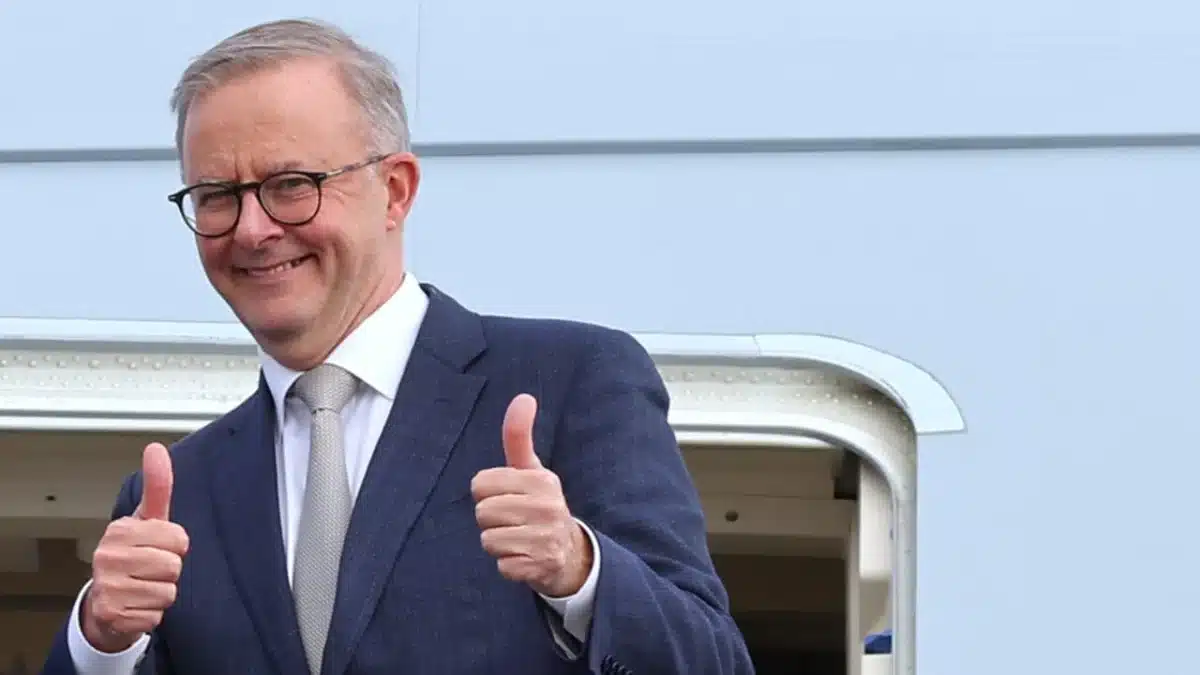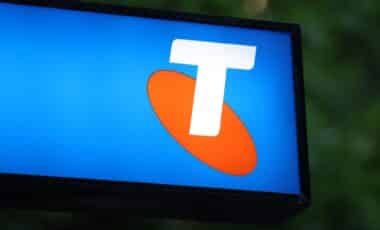The Albanese government has pledged an $8.5 billion expansion of Medicare, aiming to ensure that nine out of ten GP visits are fully bulk billed by 2030.
The policy, described as the largest investment in Medicare’s history, seeks to increase accessibility to free GP consultations by extending incentives to all Australians.
The Coalition has vowed to match the funding, making healthcare policy a central issue in the upcoming federal election. While Labor presents its plan as a commitment to an Australian-style universal health system, the opposition has raised concerns about economic sustainability.
Medicare Bulk Billing Incentive to Cover All Australians
A key element of Labor’s plan is the expansion of the bulk billing incentive, which provides financial support to clinics that bulk bill their patients. According to Health Minister Mark Butler, the initiative would reverse the decline in bulk billing rates seen in recent years.
Previously, the bulk billing incentive was tripled in November 2023, but applied only to children under 16, pensioners, and concession card holders. Under the new proposal, the scheme will be extended to all Australians from November 2025.
This means that every patient attending a participating clinic could receive a Medicare-funded consultation with no out-of-pocket costs.
The financial impact on medical practices will be significant. Medicare rebates for a bulk-billed GP consultation in urban areas will increase from $42.85 to $69.56, while in rural and regional areas, the rebate could rise to $84.86, depending on location.
According to Australian Medical Association (AMA) president Danielle McMullen, the plan could lead to higher bulk billing rates in disadvantaged and rural areas, where GPs struggle to keep costs low.
However, she cautioned that some regions may see little change, as operational costs and workforce shortages continue to challenge many clinics.
Coalition Pledges Matching Funds, Questions Labor’s Economic Management
In response, Opposition Leader Peter Dutton announced that the Coalition would match Labor’s $8.5 billion funding commitment, but criticised the government’s ability to deliver long-term improvements.
“Without sound and prudent economic management—something Labor is incapable of—investments like this cannot be delivered. Only the Coalition can guarantee a strong economy to deliver better healthcare,” Dutton said in a joint statement.
The Coalition also called on Labor to match its $500 million commitment to mental health support, arguing that a broader approach to healthcare investment is necessary.
While bulk billing rates rose following the COVID-19 pandemic, they have since declined. The Productivity Commission reported that only 47.7% of patients had all GP visits bulk billed in 2023-24, a drop from 51.7% in 2022-23.
Additionally, a Cleanbill healthcare directory report found that only 20.7% of clinics offered bulk billing to non-concession card holders.









